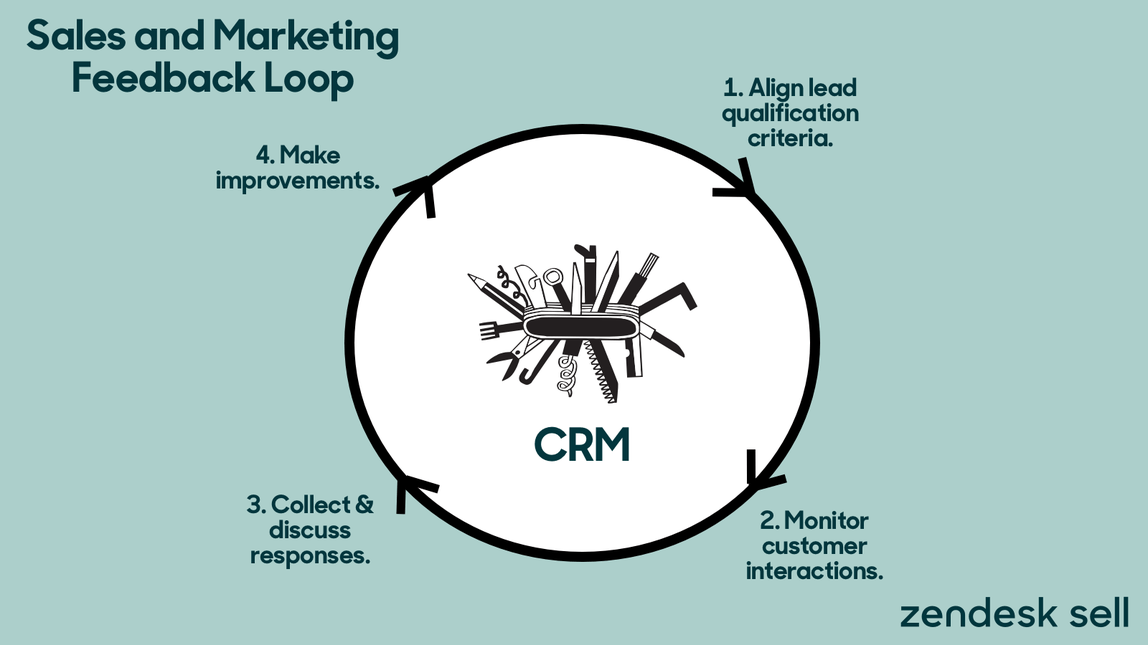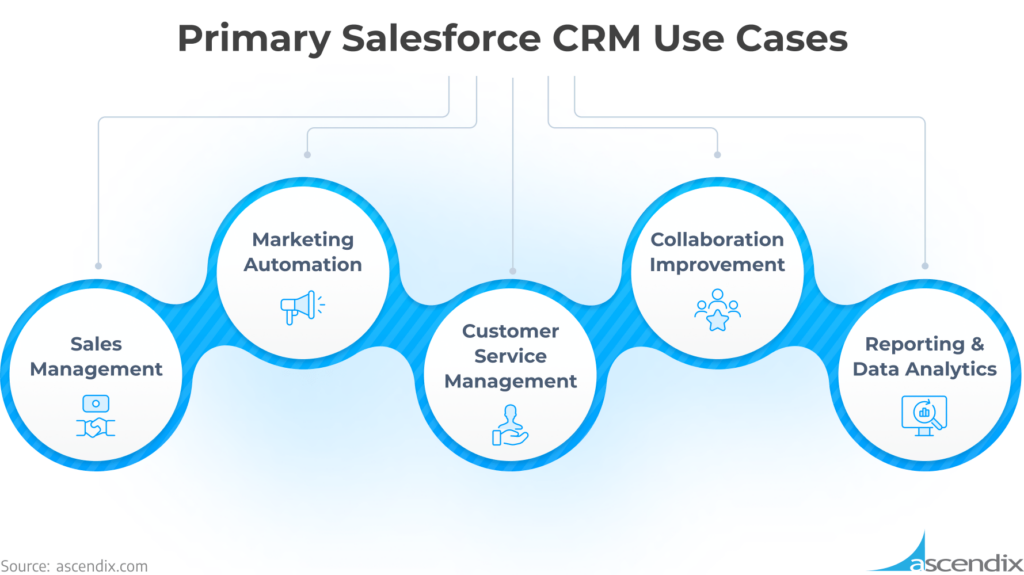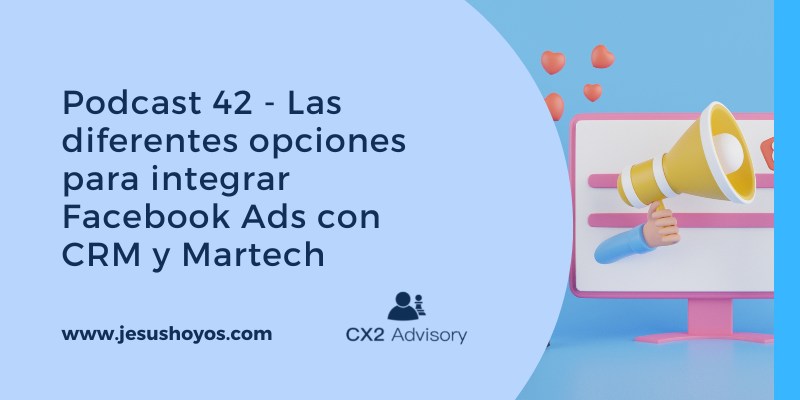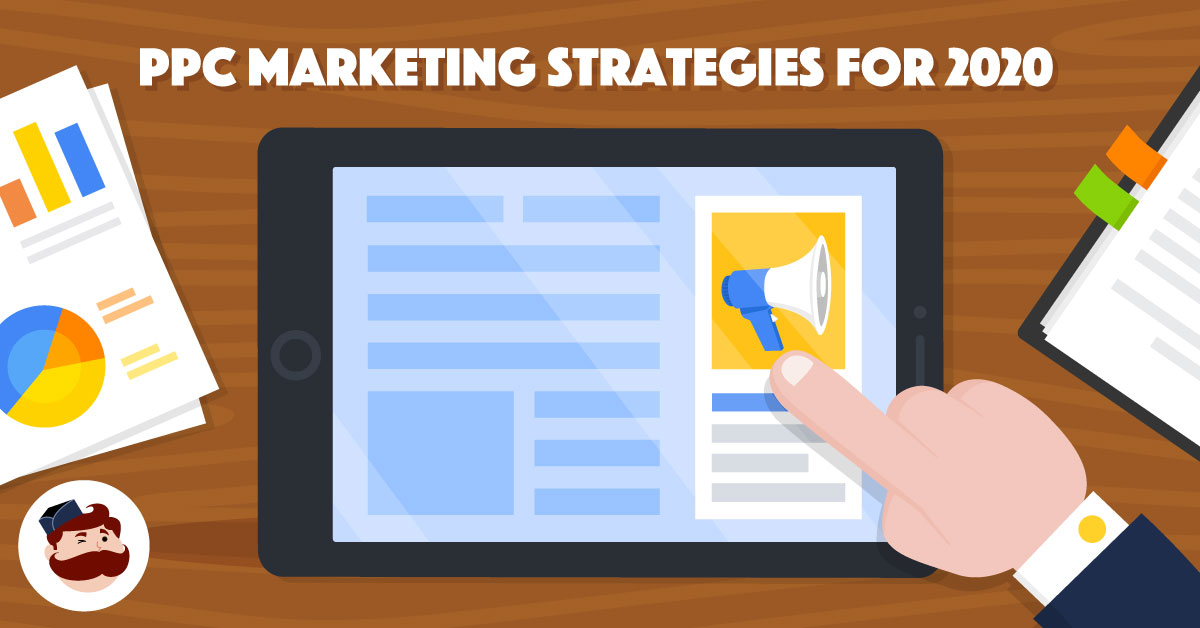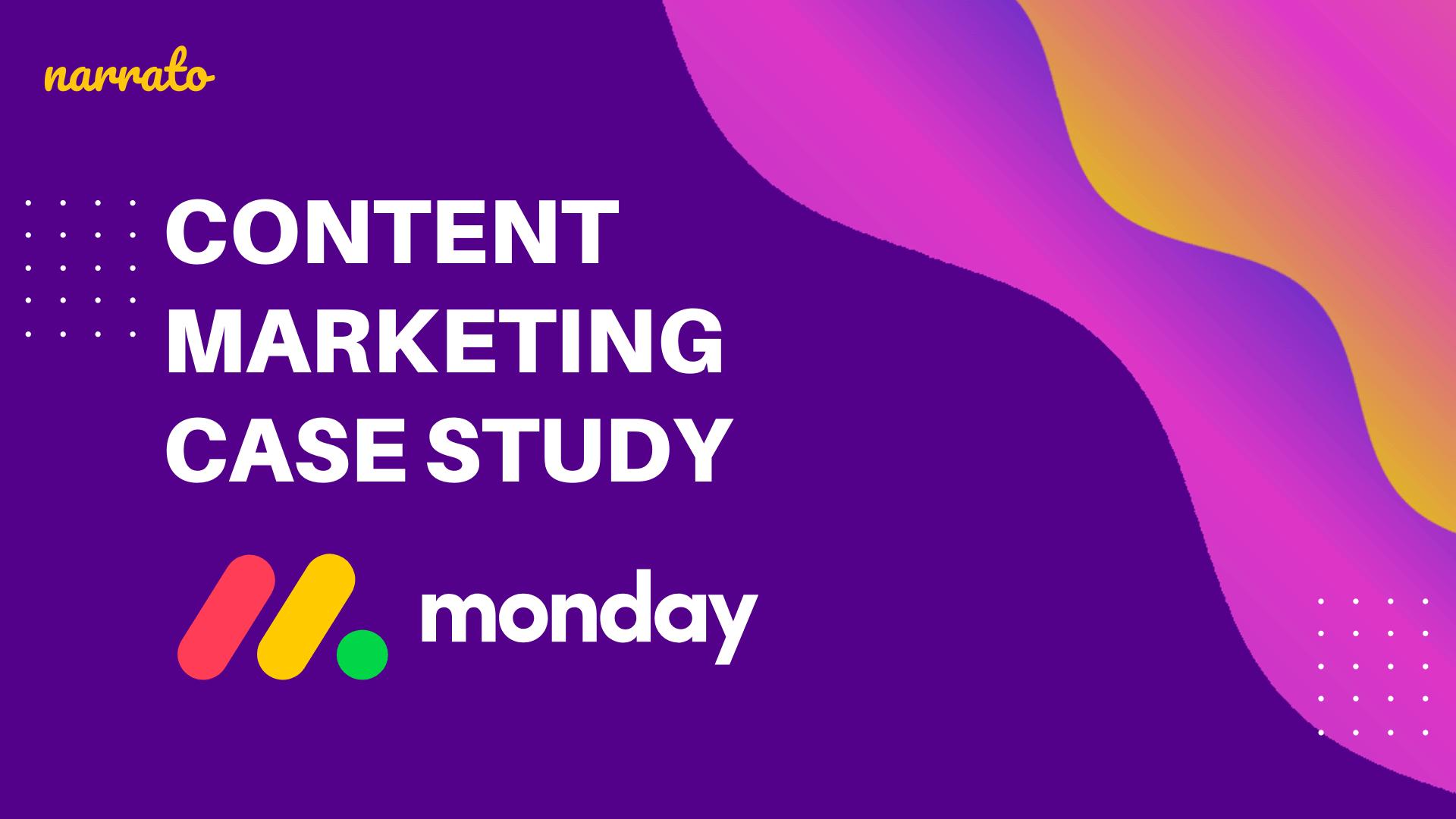Supercharge Your Events with CRM: A Guide to Unlocking Marketing Promotion Success
In today’s dynamic business landscape, event marketing remains a powerful tool for brand building, lead generation, and customer engagement. However, simply hosting an event isn’t enough. To truly maximize your return on investment (ROI), you need a strategic approach that leverages the power of Customer Relationship Management (CRM) systems. This comprehensive guide delves into the art and science of CRM-powered event marketing promotions, equipping you with the knowledge and strategies to create unforgettable experiences and achieve exceptional results.
Understanding the Synergy: CRM and Event Marketing
At its core, CRM is about understanding and nurturing relationships with your customers. It’s a central hub for all your customer data, including contact information, purchase history, communication logs, and preferences. Event marketing, on the other hand, is a tactical approach focused on creating live experiences that drive engagement and conversions. When you integrate these two powerful forces, the results can be transformative.
Think of it this way: CRM provides the intelligence, and event marketing provides the platform for action. CRM allows you to segment your audience, personalize your messaging, and track the effectiveness of your event promotions. Event marketing, in turn, provides a unique opportunity to connect with your target audience on a deeper level, gather valuable feedback, and build lasting relationships.
Benefits of Integrating CRM with Event Marketing
- Targeted Event Invitations: CRM enables you to segment your audience based on demographics, interests, and past interactions, ensuring that you send event invitations to the most relevant individuals.
- Personalized Communication: Tailor your event communications to each attendee, addressing them by name and referencing their specific needs or interests.
- Improved Event Attendance: By sending targeted invitations and personalized reminders, you can significantly boost event attendance rates.
- Enhanced Lead Generation: Use event marketing to capture new leads and nurture them through the sales funnel. CRM helps you track and manage these leads effectively.
- Increased Sales and Revenue: By connecting with potential customers at events, you can increase sales opportunities and drive revenue growth.
- Deeper Customer Insights: Gather valuable feedback from event attendees and use this information to improve your products, services, and marketing strategies.
- Better ROI Measurement: CRM allows you to track the performance of your event marketing campaigns, providing insights into what’s working and what’s not.
Building a Winning CRM-Powered Event Promotion Strategy
Creating a successful CRM-powered event promotion strategy involves a series of key steps, from planning and execution to post-event follow-up. Here’s a detailed breakdown of the process:
1. Define Your Event Goals and Objectives
Before you do anything else, clearly define your event goals and objectives. What do you hope to achieve with this event? Are you aiming to generate leads, increase brand awareness, launch a new product, or strengthen customer relationships? Your goals will shape every aspect of your event promotion strategy.
For example, if your primary goal is to generate leads, you’ll need to focus on attracting potential customers and capturing their contact information. If your goal is to increase brand awareness, you might prioritize media outreach and social media promotion.
2. Segment Your Audience
Once you know your goals, it’s time to segment your audience. Your CRM system is your best friend here. Analyze your customer data to identify distinct groups of people based on demographics, interests, purchase history, and engagement levels. This segmentation will allow you to tailor your event invitations and communications to each group, increasing the likelihood of attendance and engagement.
Consider segmenting your audience by:
- Customer tier: VIP customers, existing customers, prospective customers.
- Industry: Target specific industries based on your event’s relevance.
- Job title/role: Target decision-makers or influencers.
- Interests and behaviors: Segment based on past event attendance, website activity, and content consumption.
3. Choose the Right CRM System
The right CRM system is crucial for managing your event marketing efforts. Choose a system that offers robust event management features, such as:
- Contact management: Store and manage all your customer data in one central location.
- Segmentation: Easily segment your audience based on various criteria.
- Email marketing: Create and send targeted email invitations and reminders.
- Event registration: Integrate with event registration platforms to track attendance.
- Reporting and analytics: Track the performance of your event marketing campaigns.
- Automation: Automate repetitive tasks, such as sending follow-up emails.
Popular CRM systems with strong event management capabilities include Salesforce, HubSpot, Zoho CRM, and Pipedrive. Research and compare different options to find the best fit for your business needs and budget.
4. Plan Your Event Promotions
With your goals, audience segments, and CRM system in place, it’s time to plan your event promotions. Develop a comprehensive marketing plan that includes:
- Email marketing: Create a series of targeted email invitations, reminders, and post-event follow-up messages.
- Social media marketing: Promote your event on social media platforms, using relevant hashtags and visuals.
- Paid advertising: Consider running paid advertising campaigns on platforms like Google Ads and social media to reach a wider audience.
- Website promotion: Create a dedicated event landing page on your website with all the necessary information, including event details, registration form, and speaker bios.
- Public relations: Reach out to media outlets and industry influencers to generate buzz and coverage.
5. Personalize Your Messaging
One of the key benefits of CRM-powered event marketing is the ability to personalize your messaging. Use your CRM data to address attendees by name, reference their past interactions with your company, and highlight aspects of the event that are most relevant to their interests. Personalization significantly increases engagement and conversion rates.
For example, instead of sending a generic invitation to all your customers, you could send a personalized email to a specific segment, such as:
“Dear [Name],
We noticed you recently downloaded our ebook on [Topic]. We’re hosting an event on [Date] where you can learn more about [Related Topic]. We think you’ll find it valuable.”
6. Implement Event Registration and Management
Integrate your CRM system with an event registration platform to streamline the registration process and track attendance. This integration allows you to:
- Automate registration: Allow attendees to register directly through your website or email invitations.
- Track attendance: Monitor who has registered, who has attended, and who has not.
- Send automated reminders: Send automated reminders to registered attendees before the event.
- Gather valuable data: Collect information about attendees during registration, such as their interests and preferences.
7. Execute Your Event and Gather Feedback
During the event, make sure to capture valuable data and gather feedback from attendees. This information will help you improve future events and better understand your customers. Consider using:
- On-site surveys: Use paper or digital surveys to gather feedback in real-time.
- Social media monitoring: Monitor social media conversations to see what attendees are saying about your event.
- Networking opportunities: Encourage attendees to network with each other and with your team.
- Lead capture: Use lead capture forms or scanners to collect contact information from potential customers.
8. Post-Event Follow-Up
The post-event follow-up is critical for converting leads into customers and nurturing existing customer relationships. Use your CRM system to:
- Send thank-you emails: Thank attendees for their participation and provide them with valuable resources.
- Follow up with leads: Nurture leads with targeted content and offers.
- Segment attendees: Segment attendees based on their level of engagement and interest.
- Track conversions: Track the number of leads that convert into customers after the event.
- Analyze results: Analyze the results of your event marketing campaign to identify areas for improvement.
Leveraging CRM for Event Promotion: Advanced Strategies
Once you have a solid foundation in place, you can explore advanced strategies to further enhance your CRM-powered event promotions.
1. Lead Scoring and Nurturing
Use lead scoring to prioritize your leads based on their engagement and likelihood to convert. Assign points to leads based on their interactions with your company, such as website visits, email opens, event attendance, and content downloads. Then, nurture your leads with targeted content and offers based on their score.
2. Automation Workflows
Automate repetitive tasks, such as sending email invitations, reminders, and follow-up messages. Automation workflows can save you time and improve efficiency, allowing you to focus on more strategic activities.
3. Integration with Marketing Automation Platforms
Integrate your CRM system with a marketing automation platform to streamline your marketing efforts. Marketing automation platforms offer advanced features, such as lead scoring, segmentation, and personalized email campaigns.
4. A/B Testing
Conduct A/B testing to optimize your event promotion campaigns. Test different email subject lines, event landing pages, and call-to-actions to see what resonates best with your audience.
5. Gamification
Incorporate gamification elements into your events to increase engagement and excitement. For example, you could offer prizes for the most active attendees or create a leaderboard for a contest.
6. Influencer Marketing
Partner with industry influencers to promote your events. Influencers can help you reach a wider audience and generate buzz around your brand.
Real-World Examples of CRM-Powered Event Marketing Success
Let’s explore some real-world examples of how businesses have successfully used CRM to boost their event marketing efforts:
Example 1: Tech Company’s Product Launch
A technology company used its CRM system to promote the launch of a new software product. They segmented their audience into different groups based on their industry, company size, and technology stack. They then sent targeted email invitations to each segment, highlighting the benefits of the new product that were most relevant to their needs. They also used their CRM to track event registrations, manage on-site check-in, and follow up with attendees after the event. The result was a significant increase in product adoption and customer acquisition.
Example 2: B2B Conference
A B2B conference organizer used CRM to personalize the event experience for attendees. They gathered data about attendees’ interests and preferences during registration. They then used this information to create personalized event agendas, recommend relevant sessions, and facilitate networking opportunities. They also used CRM to track attendee engagement, measure the effectiveness of different marketing channels, and gather feedback after the event. The conference saw a substantial increase in attendee satisfaction and repeat attendance.
Example 3: Retail Brand’s Customer Appreciation Event
A retail brand used CRM to host a customer appreciation event. They segmented their customer base based on purchase history, loyalty program membership, and engagement levels. They sent exclusive invitations to their VIP customers, offering them early access to sales, special discounts, and personalized experiences. They also used CRM to track event attendance, gather customer feedback, and nurture customer relationships after the event. The event resulted in increased customer loyalty, repeat purchases, and positive brand sentiment.
Measuring the ROI of Your CRM-Powered Event Promotions
Measuring the ROI of your event marketing campaigns is essential for demonstrating the value of your efforts and securing budget for future events. Here are some key metrics to track:
- Event attendance: Track the number of registered attendees, the number of attendees who actually showed up, and the no-show rate.
- Lead generation: Track the number of leads generated at the event, including contact information, business cards, and lead capture forms.
- Sales and revenue: Track the number of sales generated as a direct result of the event.
- Website traffic: Track the increase in website traffic after the event, including visits to your event landing page and product pages.
- Social media engagement: Track the number of social media mentions, shares, and likes related to your event.
- Customer satisfaction: Gather feedback from attendees through surveys and on-site interactions to gauge their satisfaction.
- Customer lifetime value (CLTV): Track the increase in CLTV for customers who attended the event.
- Cost per lead (CPL): Calculate the cost of generating each lead at the event.
- Return on ad spend (ROAS): Measure the revenue generated for every dollar spent on advertising for the event.
Use your CRM system to track these metrics and generate reports. Compare your results to your initial goals and objectives to determine the success of your event marketing campaigns. Regularly analyze your data to identify areas for improvement and optimize your strategies for future events.
Common Pitfalls to Avoid in CRM-Powered Event Marketing
While CRM-powered event marketing offers significant benefits, it’s important to be aware of potential pitfalls and take steps to avoid them:
- Poor Data Quality: Inaccurate or incomplete customer data can lead to ineffective segmentation, personalization, and targeting. Regularly clean and update your CRM data to ensure its accuracy.
- Lack of Integration: If your CRM system is not properly integrated with your event registration platform, you may miss valuable data and struggle to track the performance of your campaigns.
- Generic Messaging: Failing to personalize your event communications can lead to low engagement and poor attendance rates. Use your CRM data to tailor your messaging to each segment of your audience.
- Ignoring Post-Event Follow-Up: The post-event follow-up is crucial for converting leads into customers and nurturing existing customer relationships. Don’t neglect this important step.
- Lack of Measurement: Without tracking key metrics, you won’t be able to assess the success of your event marketing campaigns and identify areas for improvement.
- Over-reliance on Automation: While automation can save time and improve efficiency, don’t rely on it to the exclusion of all human interaction. Personalize your communications and make an effort to connect with attendees on a personal level.
- Choosing the Wrong CRM System: A CRM system that doesn’t fit your company’s needs can create more problems than it solves. Take the time to research and choose the right system for your business.
The Future of CRM and Event Marketing
The future of CRM and event marketing is bright, with exciting developments on the horizon:
- Artificial Intelligence (AI): AI-powered CRM systems will be able to analyze vast amounts of data to identify patterns, predict customer behavior, and personalize marketing campaigns even further.
- Virtual and Hybrid Events: Virtual and hybrid events will continue to grow in popularity, offering new opportunities for engagement and reach. CRM systems will be essential for managing these events and tracking attendee interactions.
- Personalized Experiences: Customers will expect increasingly personalized experiences at events. CRM systems will enable marketers to deliver these experiences by tailoring event content, activities, and networking opportunities to individual preferences.
- Data Privacy and Security: With growing concerns about data privacy, CRM systems will need to prioritize data security and comply with privacy regulations.
- Integration with Emerging Technologies: CRM systems will integrate with emerging technologies, such as augmented reality (AR) and virtual reality (VR), to create more immersive and engaging event experiences.
Conclusion: Mastering the Art of CRM-Powered Event Promotions
Integrating CRM with event marketing is a strategic move that can significantly enhance your event’s success. By using CRM to target your audience, personalize your messaging, and track your results, you can create unforgettable experiences that drive engagement, generate leads, and boost sales. Remember to define your goals, segment your audience, choose the right CRM system, plan your promotions, personalize your messaging, implement registration and management, execute your event, and follow up with attendees. By avoiding common pitfalls and embracing the latest trends, you can master the art of CRM-powered event promotions and achieve exceptional results. The future of event marketing is undoubtedly intertwined with the power of CRM. Embrace this powerful synergy, and watch your events flourish.

